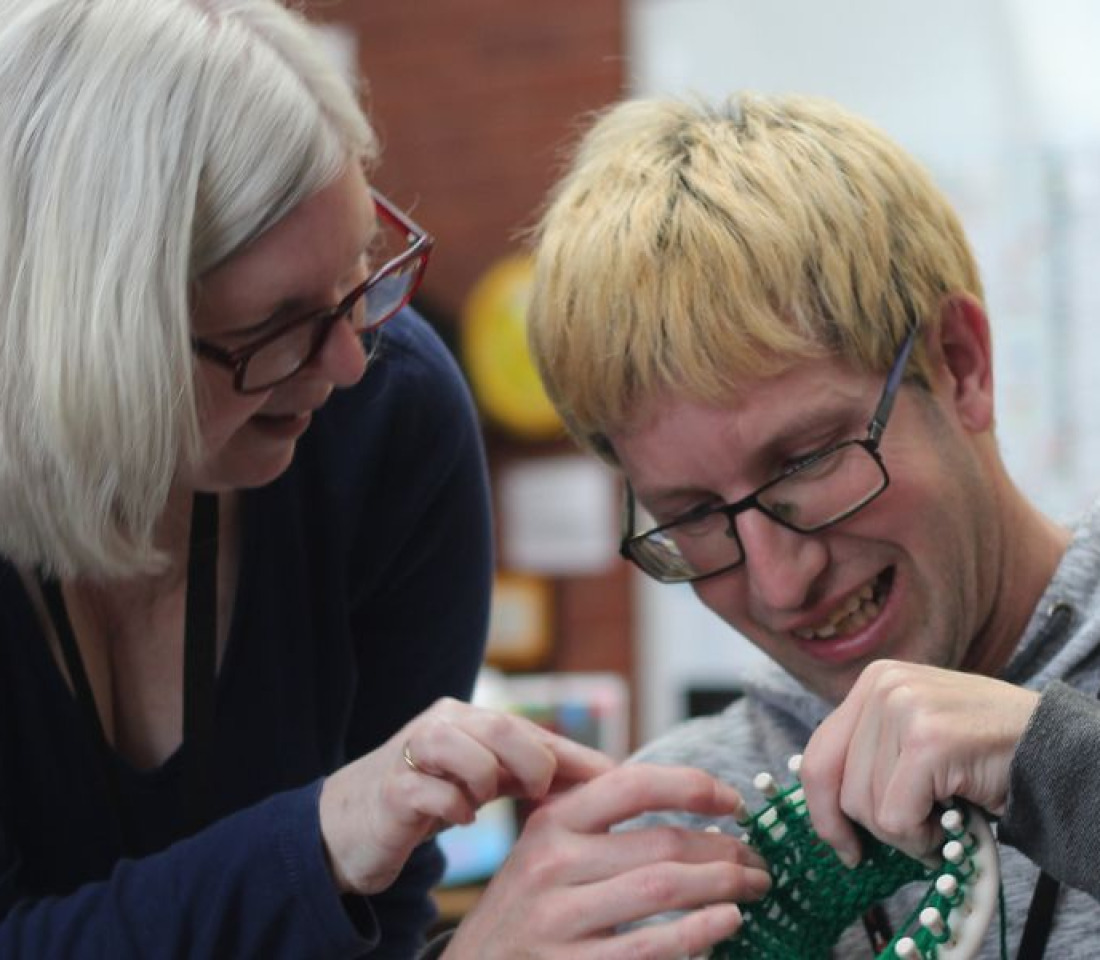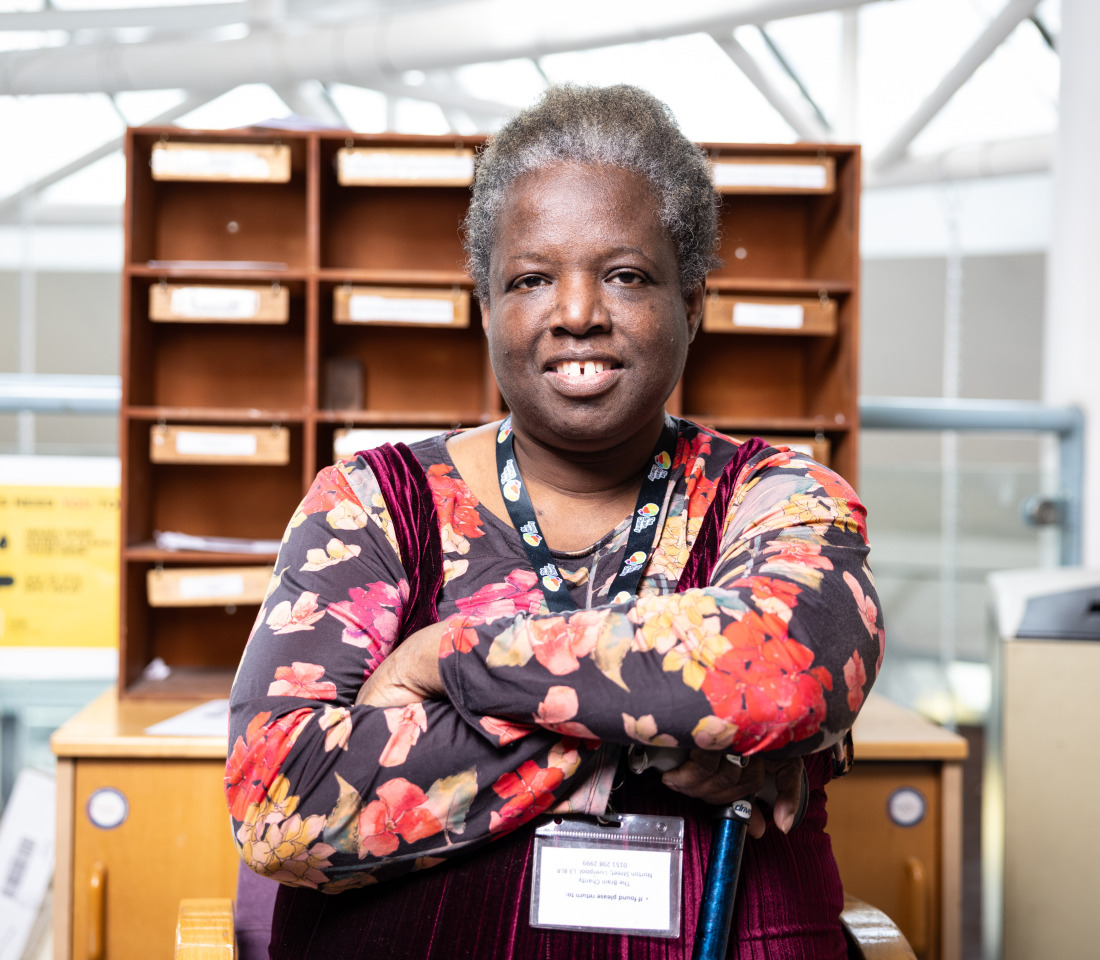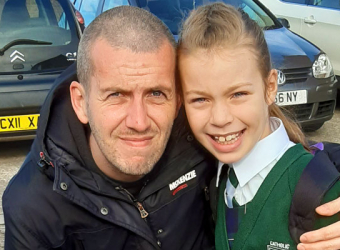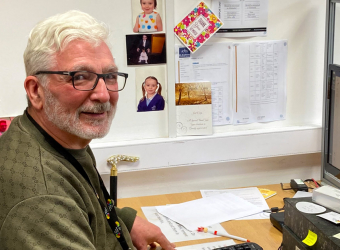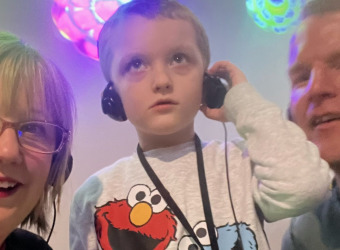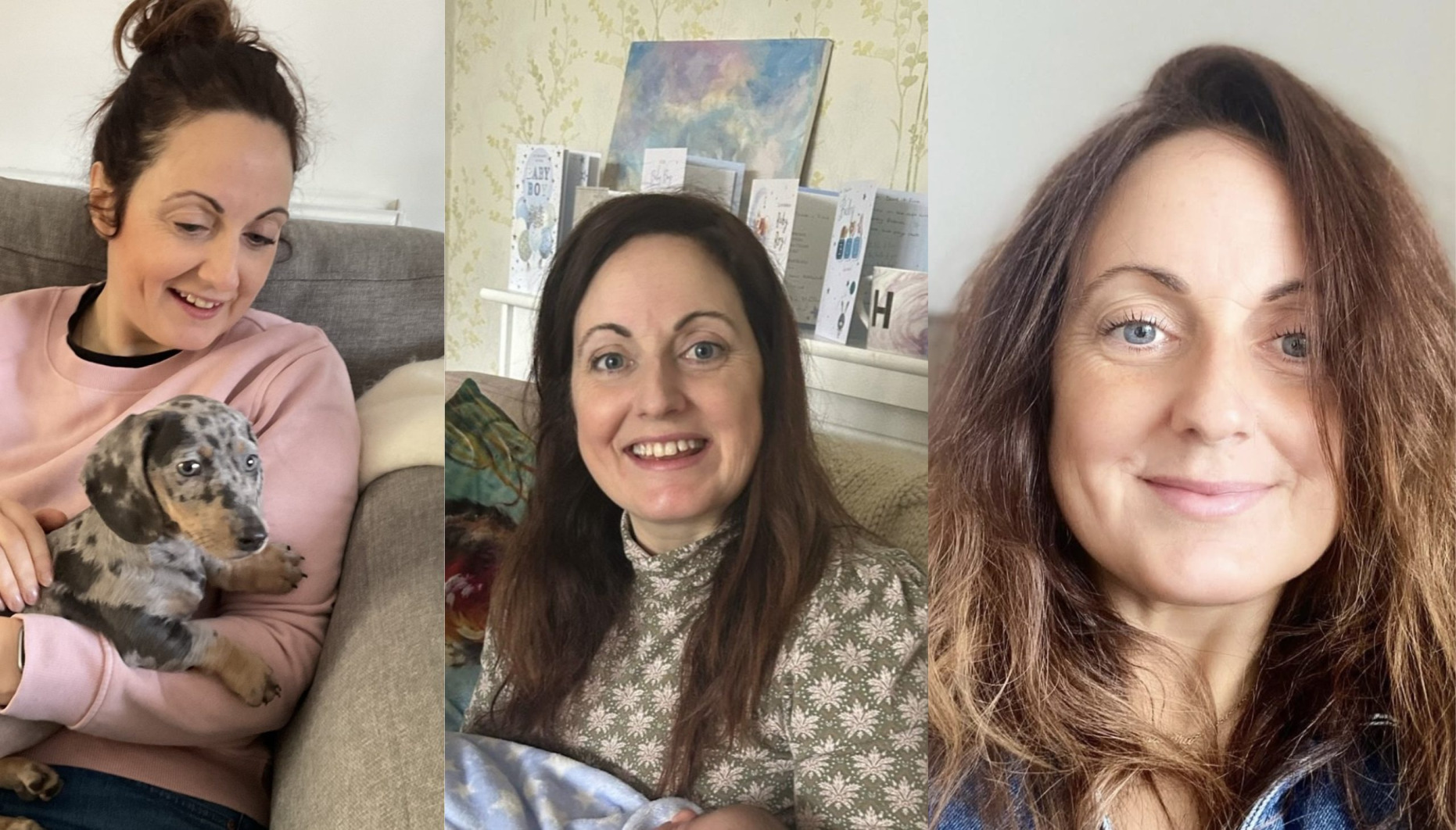
Cassandra’s MS story: “Counselling helped me feel lighter – I wasn’t carrying it all on my own”
Cassandra, 41, from the Wirral, was diagnosed with relapsing-remitting multiple sclerosis (MS) in 2015 after her GP noticed she was having frequent water infections. Referred to the neurology department, she went through a period of uncertainty before receiving a formal diagnosis. Now, a decade later, she manages her condition with daily medication and says that, at the moment, her MS is stable.
But while her physical health was under control, Cassandra recently found herself struggling emotionally. Her MS nurse recommended counselling with The Brain Charity, and it proved to be a turning point.
Cassandra said:
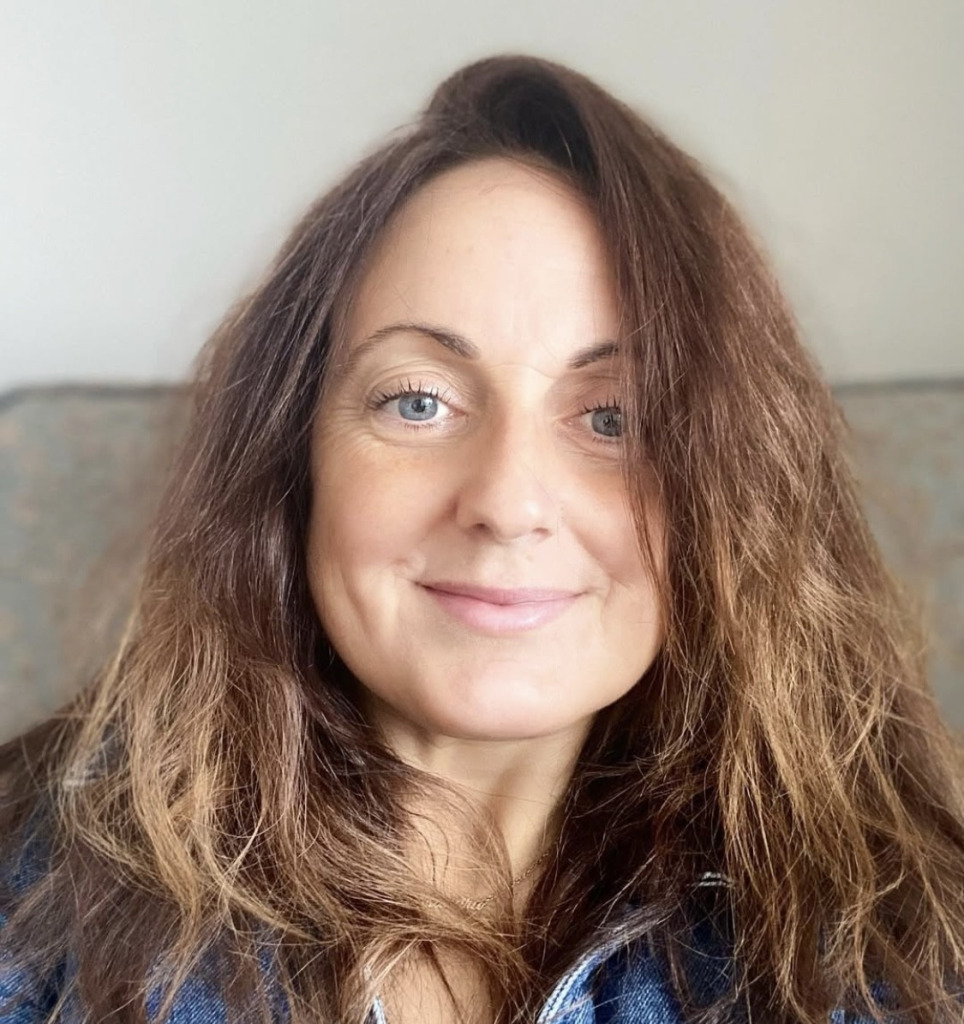
“I had three sessions with a Counsellor, and it really changed the way I thought. I realised it wasn’t a weight I couldn’t carry. It helped me turn negative thoughts into more positive ones. The sessions were really useful. So much so, I felt I didn’t need more than three. I was made up with it.”
Cassandra found the experience so valuable that she chose to give back—donating to The Brain Charity as a thank-you for the impact counselling had on her life. The £50 that Cassandra donated could actually fund two other people to receive a session of counselling each.
Living with relapsing-remitting MS
Relapsing-remitting MS (RRMS) is the most common form of multiple sclerosis. It’s characterised by clearly defined attacks or flare-ups of symptoms (called relapses), followed by periods of partial or complete recovery (remissions).
During a relapse, individuals may experience new symptoms or a worsening of existing ones—such as fatigue, problems with vision, mobility, or cognition. These episodes can last for days, weeks, or even months, and vary greatly from person to person.
In remission, symptoms may improve or disappear entirely, although some people continue to experience ongoing issues. While RRMS is unpredictable, medication and lifestyle management can help reduce the frequency and severity of relapses.
A more mindful pace of life
Cassandra is a designer of custom wallpaper and has been working in the same creative role since the time of her diagnosis. Her employer has been consistently supportive, and she feels lucky to be able to continue doing work she enjoys. An artistic soul, she’s also passionate about fashion, cinema, and live music—though she admits her lifestyle has changed over the years.
“I used to be out all the time. Now, I still go to gigs and love the cinema, but I’ve had to slow down. I’ve definitely noticed I’ve got slower, and fatigue is a big thing for me.”
To better understand her condition, Cassandra completed a FACETS course to learn more about fatigue and how to manage it. And thanks to her counselling sessions, she’s learned to listen to her body more—and give herself permission to rest.
She added:
“I’ve accepted I need more rest, and that’s OK. I enjoy relaxation now instead of seeing it as a failure.”
Advice for others facing a diagnosis
Her message to others? Don’t wait to ask for support.
“After a diagnosis, you’re kind of just left on your own—and it gets into your head. Counselling with The Brain Charity made a real difference. I’d definitely recommend it to anyone going through something similar.”
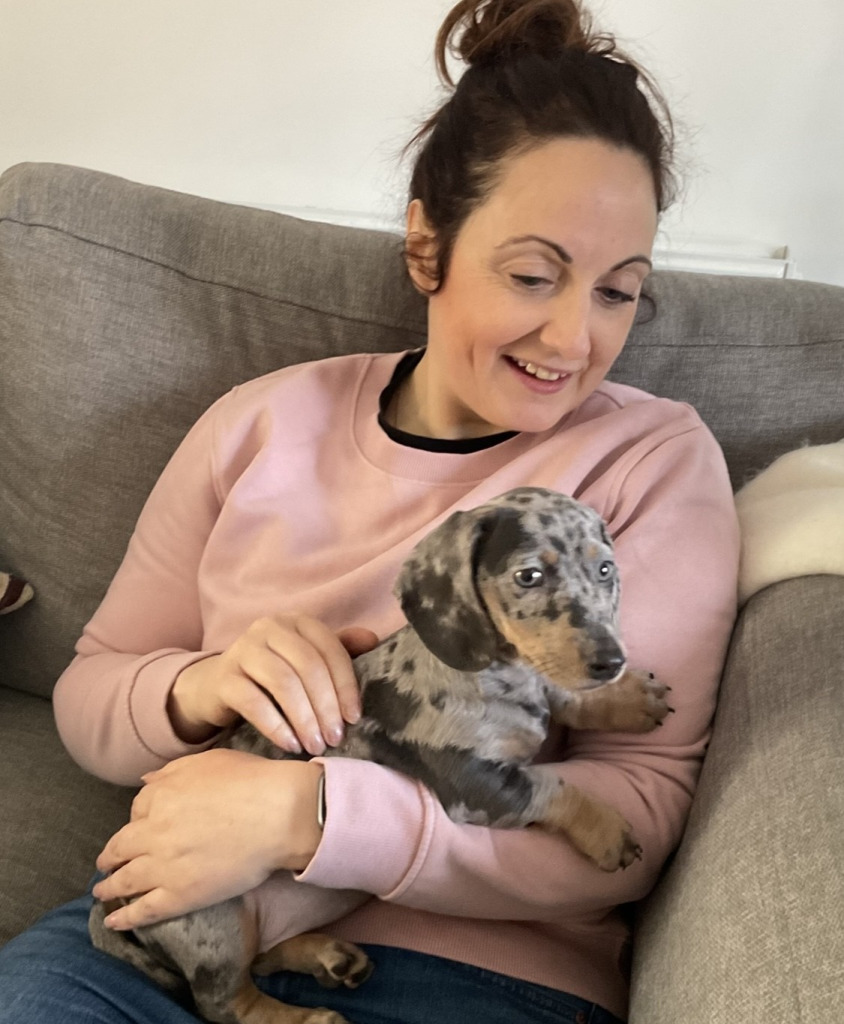
Category: Counselling
Published: 30 June 2025

